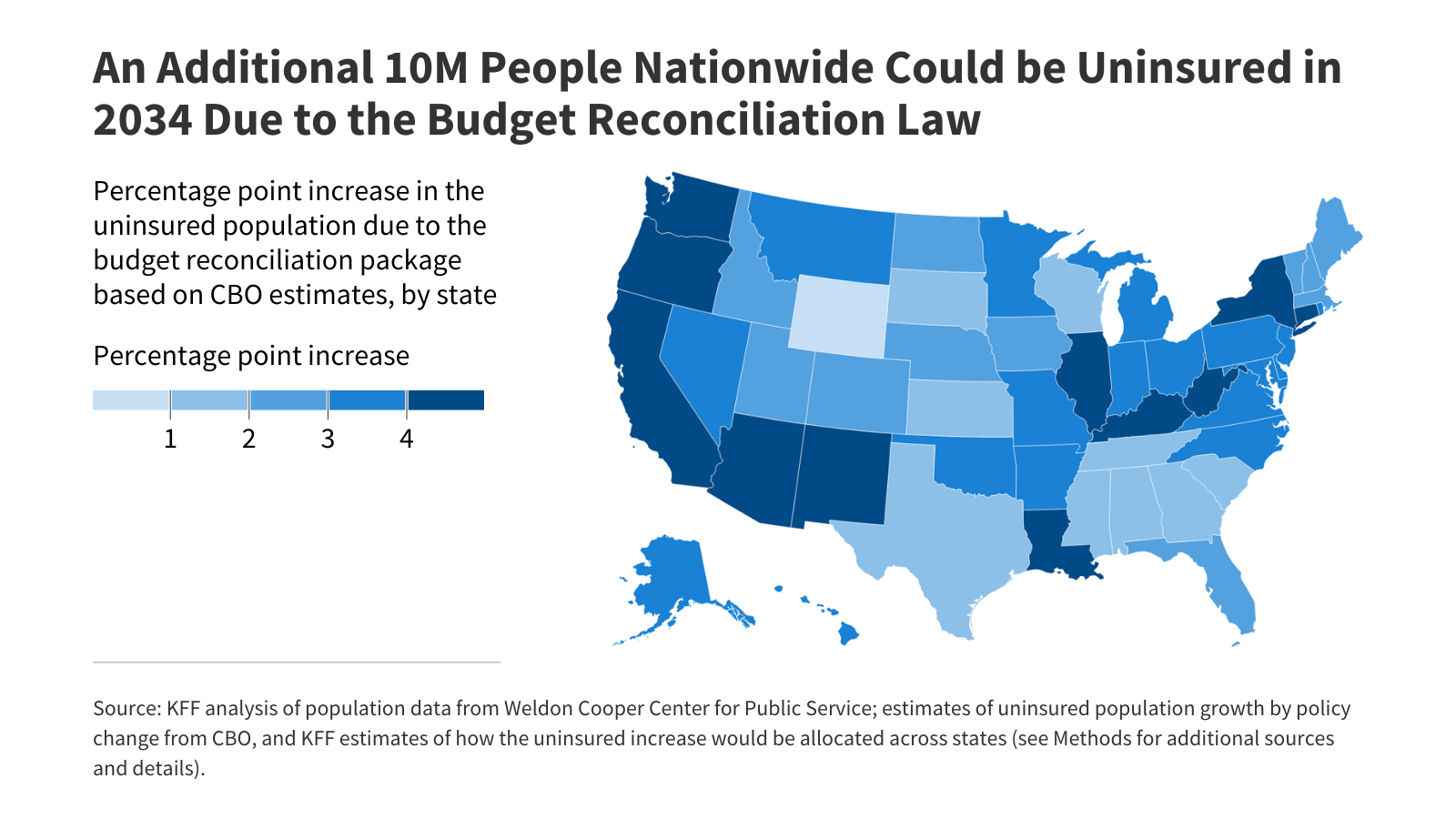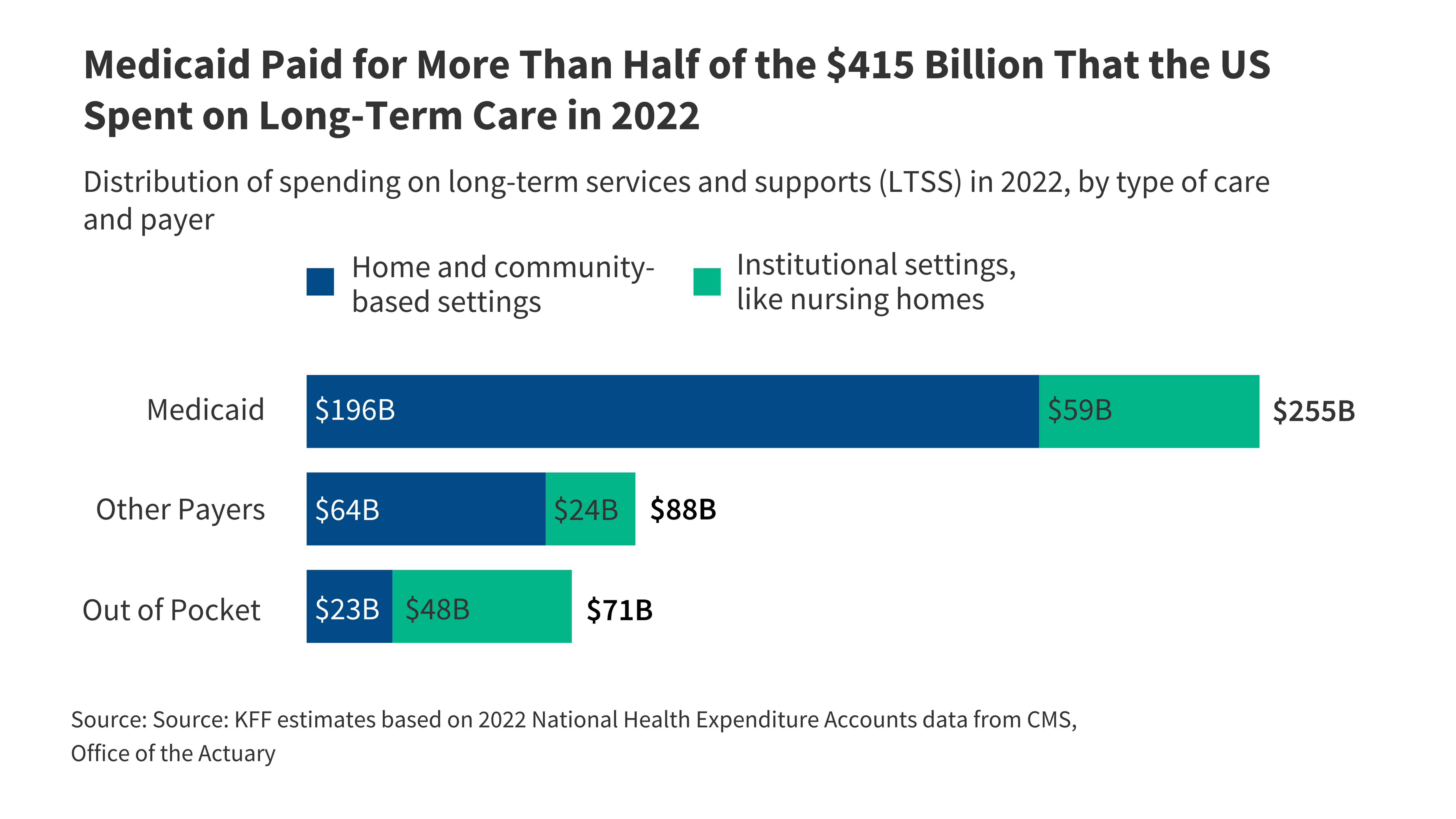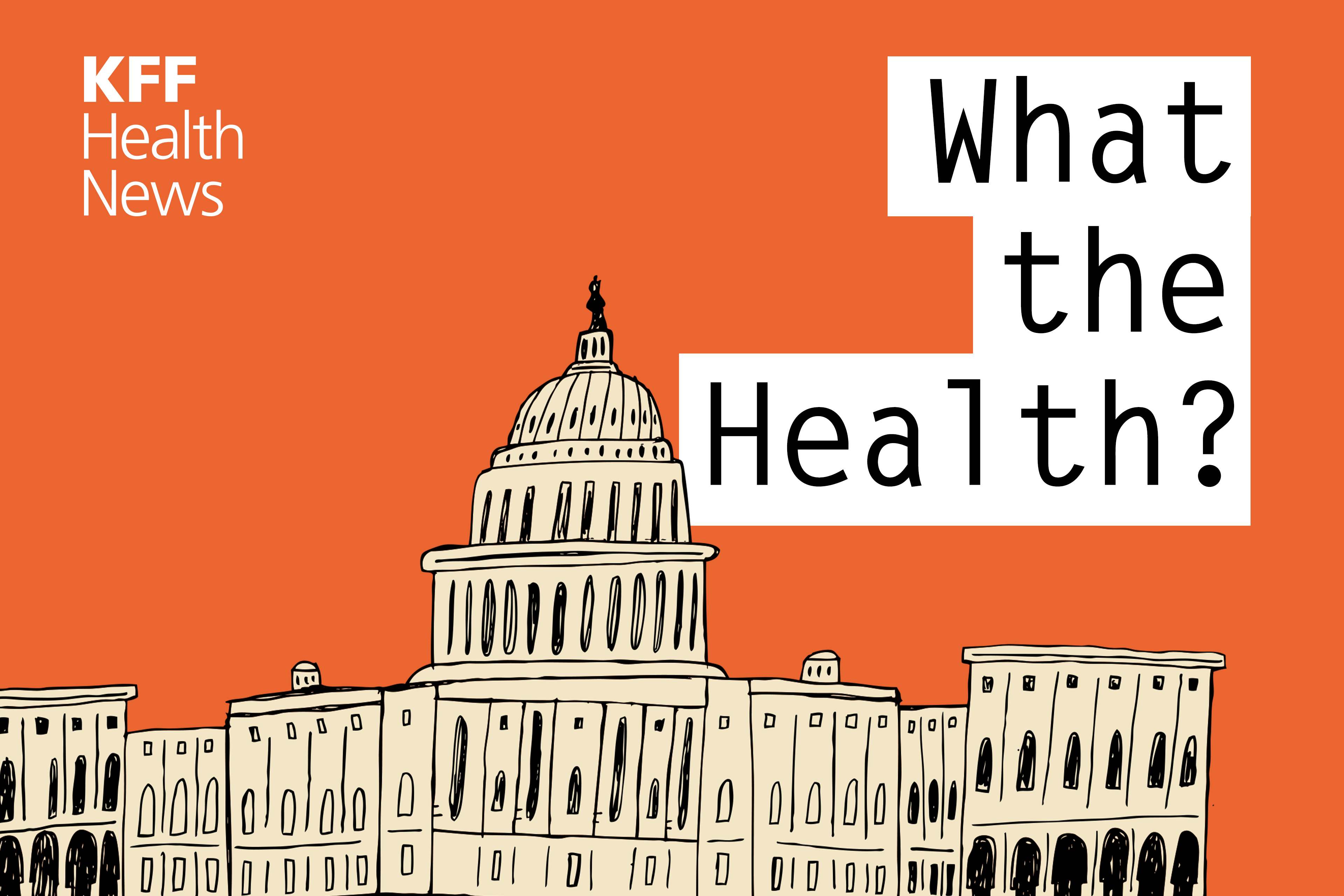A Closer Look at the Work Requirement Provisions in the 2025 Federal Budget Reconciliation Law
On July 4, President Trump signed into law a budget reconciliation package that includes significant changes to the Medicaid program. This issue brief provides an overview of the work requirement provisions.









